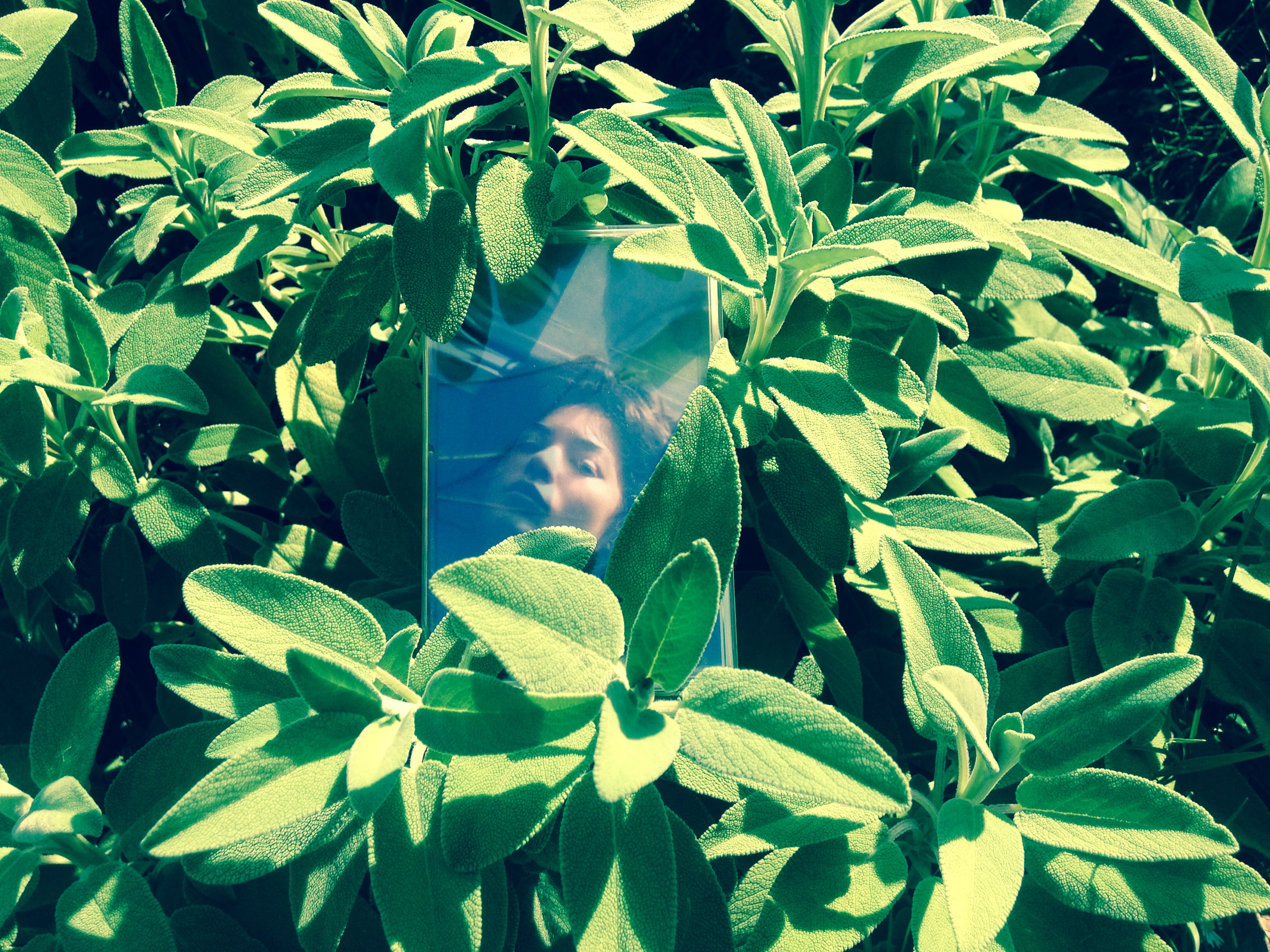
Nguyễn Zen Mỹ is an Italo-Vietnamese artist based in Brussels. She explores and challenges the boundaries of language and its limits—particularly through writing, publishing, singing and performing. She participates in numerous collective projects, both within institutions and at their margins, her personal approach increasingly drawing on the everyday and the autobiographical as starting points for building relationships through poetic, historical, and social narratives. As Radio Hito, she has quickly gained recognition in recent years for her minimalist yet powerful performances in festivals and venues across Europe. Her last two albums were released on Midi Fish and Kraak Records in Belgium.
What is your earliest musical memory?
I was trained as a piano player from an early age, which meant I learnt to read scores before I could even read or write. Apart from this academic training, which I somehow never considered to be “music”, I wasn’t exposed to much music otherwise. The radio was my main access to it (this was pre-internet), and I developed a fascination and an intimate relationship with it very early on—scanning all stations, making mixtapes, falling asleep or waking up with it. We also had a small collection of children’s audiobooks and commercial/anime soundtracks on 7- inch records, which I would freely “improvise” to using my recorder. Masses and church chants in Italy also left a strong impression on me.
Your work oscillates between language, writing, publishing, singing, teaching, art, and performance. Do you see any threads that connect these disciplines? Language and lyricism also seem to play important part in your work—could you talk about your relationship to them? Which themes and topics are important to you in terms of expressing them and also drawing inspiration from them in your work?
In the beginning was the Word, as they say… It is quite pivotal. And when I speak of “words” or “languages”, it’s a very concrete matter to me (as it is for others). It’s the tangible, objective dimensions of language that interest me. To put it simply, words are material and situations before they become concepts and meanings. Even when I move from language or words toward abstraction or some kind of visual figuration, it is still related to that “objectivity”. With Radio Hito, the starting point is texts from other authors, which I adapt into Italian and transform into songs. The “emotional” and melodic aspects—what one might call “lyricism”—emerged spontaneously. Music-making and live performance in my life have come from a certain urgency or necessity. Music allows me to explore areas of the subconscious that I wouldn’t otherwise know existed. Keeping what emerges spontaneously, leaving it “unfiltered,” is important for me in my process. If what I do ends up much closer to the classical approach of the Lieder than to spoken word or sound poetry, that’s fine with me. I have no prejudices. There is room to expand and explore. Am I aware of the pitfalls of sentimentalism that could come with this approach? Yes. But because my relationship to language is grounded and informed, and because I most often begin with the texts of others, this approach makes complete sense to me.
You have a multicultural background—has that influenced your artistic work?
I fall into the very common pattern of any immigrant kid: undergoing assimilation while growing up, and then having to re-engage in some way with their culture and language of origin for the rest of their life. In that respect, anything that I do is embedded in what has become a life purpose.
You are a Professor at the Academy of Arts in Strasbourg. Could you discuss your academic work?
I started to teach quite soon after graduating from the Type and Media Master’s programme at KABK in The Hague. It became a full-time occupation until I took leave two years ago, after 12 years of commitment. As a lot of people in Academia would certainly point out today, regardless of one’s area of expertise—in my case, typography and language—the current economic, social, political, and technological context is very challenging. The thing with these institutions, especially public ones with an educational mission and critical and cultural dimensions, is that you are constantly required to develop and share a self-reflectivity, while also providing some kind of guidance within highly situated protocols. It’s really demanding to keep up with all of it. Taking some distance and being able to address these challenges on my own terms—and to experience them (I always have in mind the words of Lee Lozano: “Don’t teach, be an example”.)— is quite vital at this moment in time.
You trained as a classical pianist—how important are instruments to you in terms of music-making?
I believe in practice. Coming from a craft background and having been educated as an instrumentalist, I truly believe that practice—through repetitive gestures, automatism, and procedural memory—allows forms to “happen” and resonate in ways that feel more meaningful to me. I find it more interesting to see the work as a “piece” or an “excerpt” of this ongoing stream of practice.
What are you currently working on?
I’m (hopefully) finishing my next album, which takes as a starting point the book l’Usage et les attributs du cœur by Claude Royet-Journoud. I’m also touring with it. It remains important to me to continue collaborating with authors and publishers on various editorial projects; these exchanges also nourish my work.
Another major focus, when I am not touring, is organising gigs in Brussels with our collective, Rattus. The support of the independent music scene—especially in Belgium—was what enabled me to start performing, and it’s really energising to be able to give back to that community today.